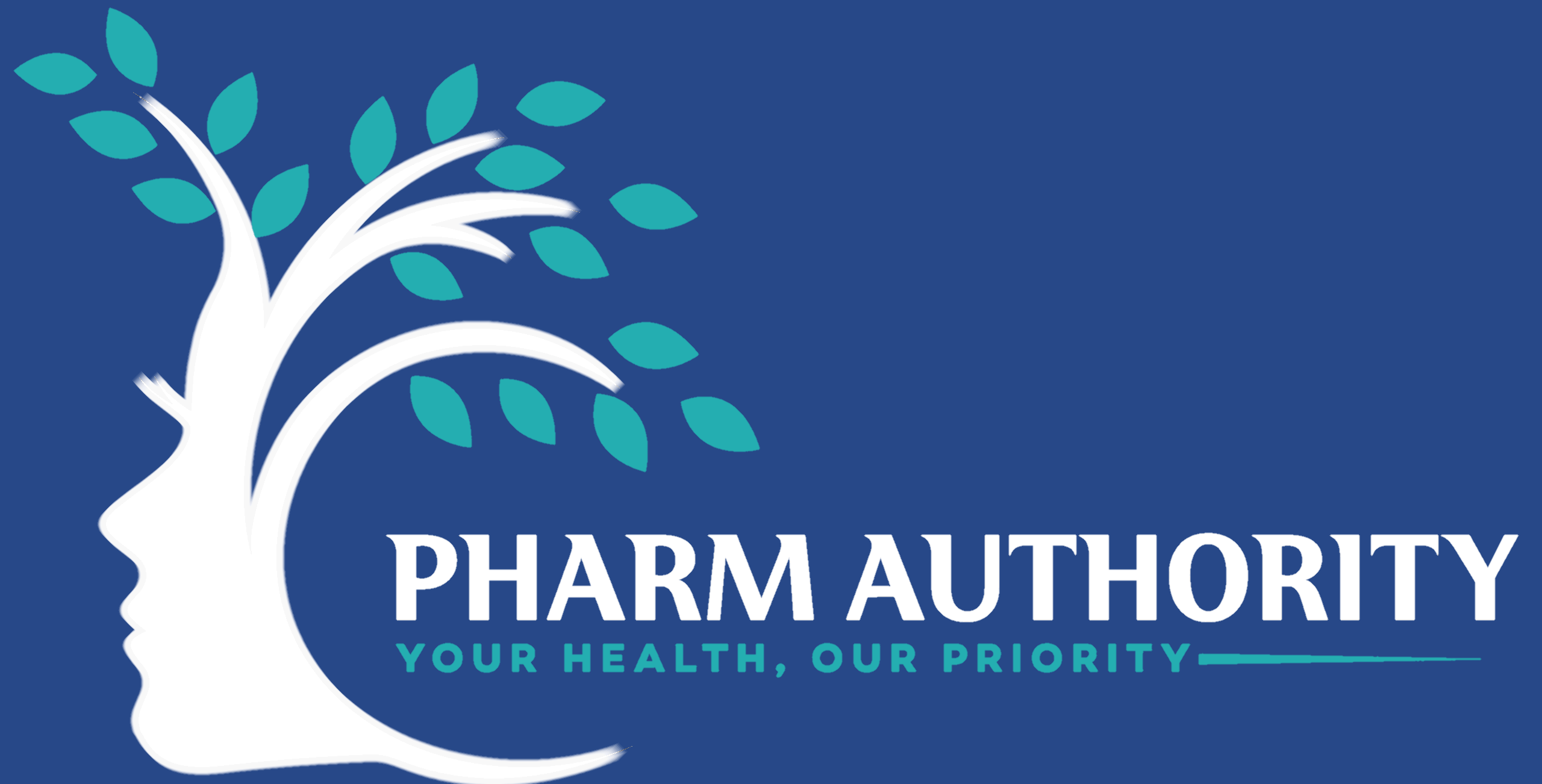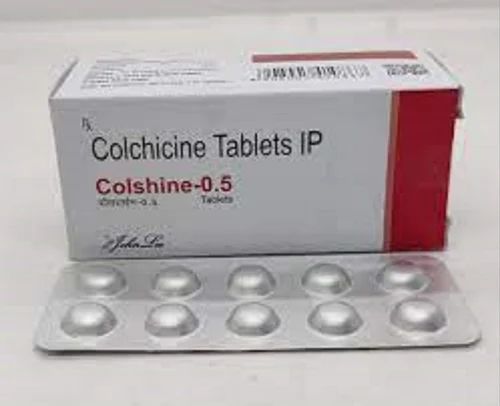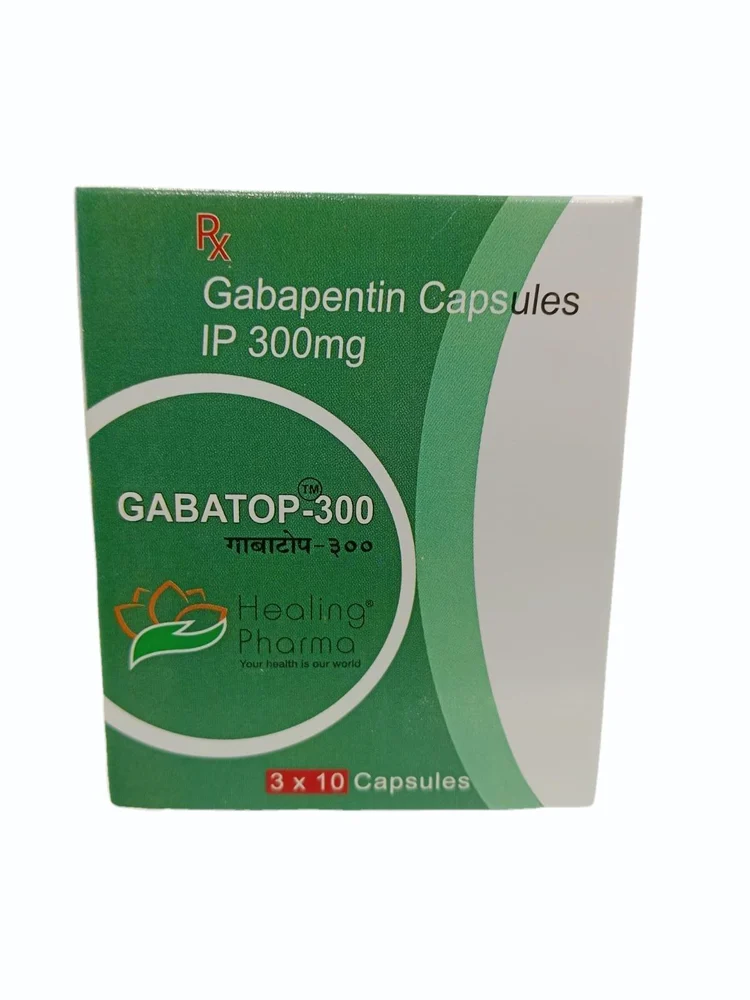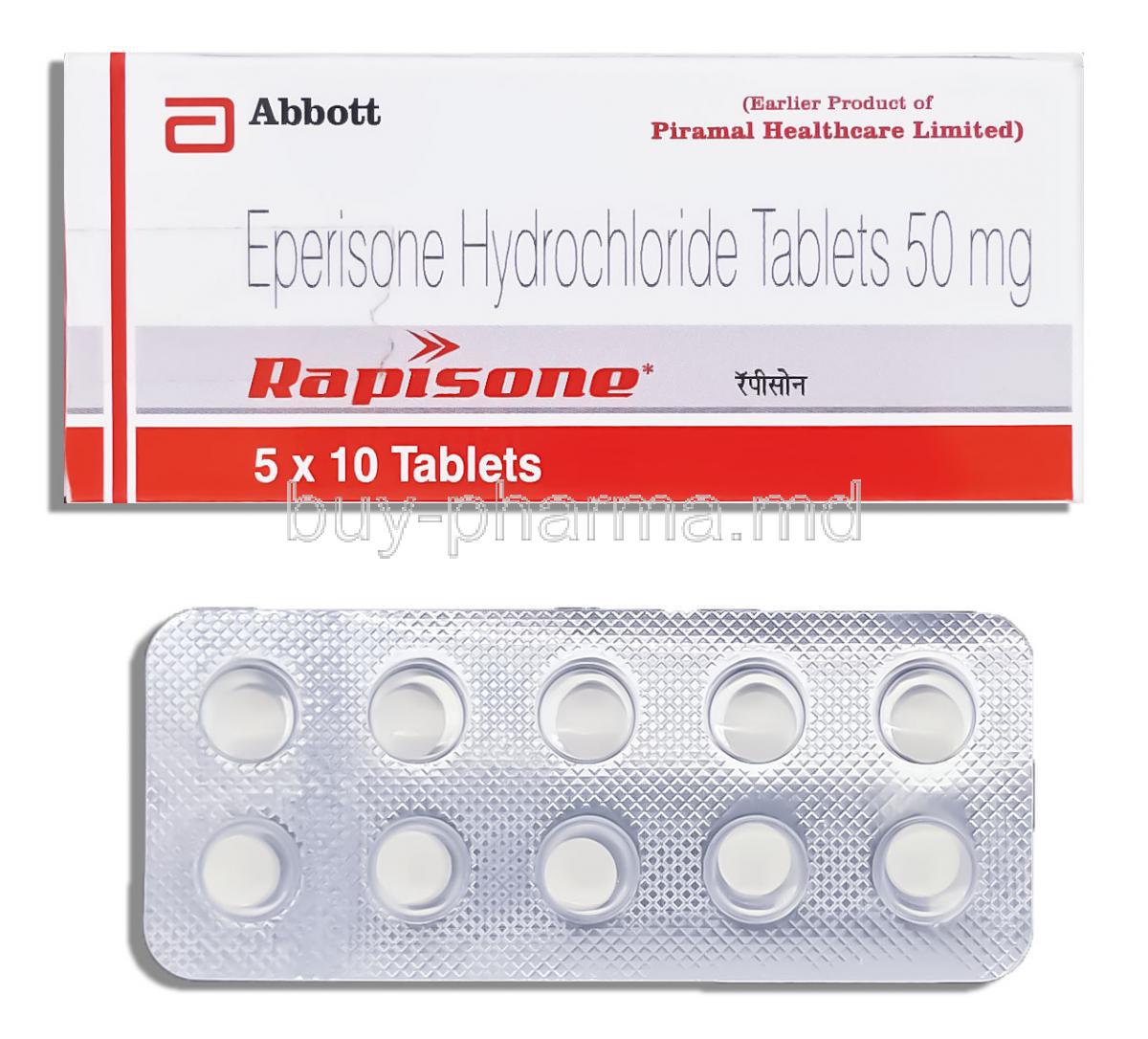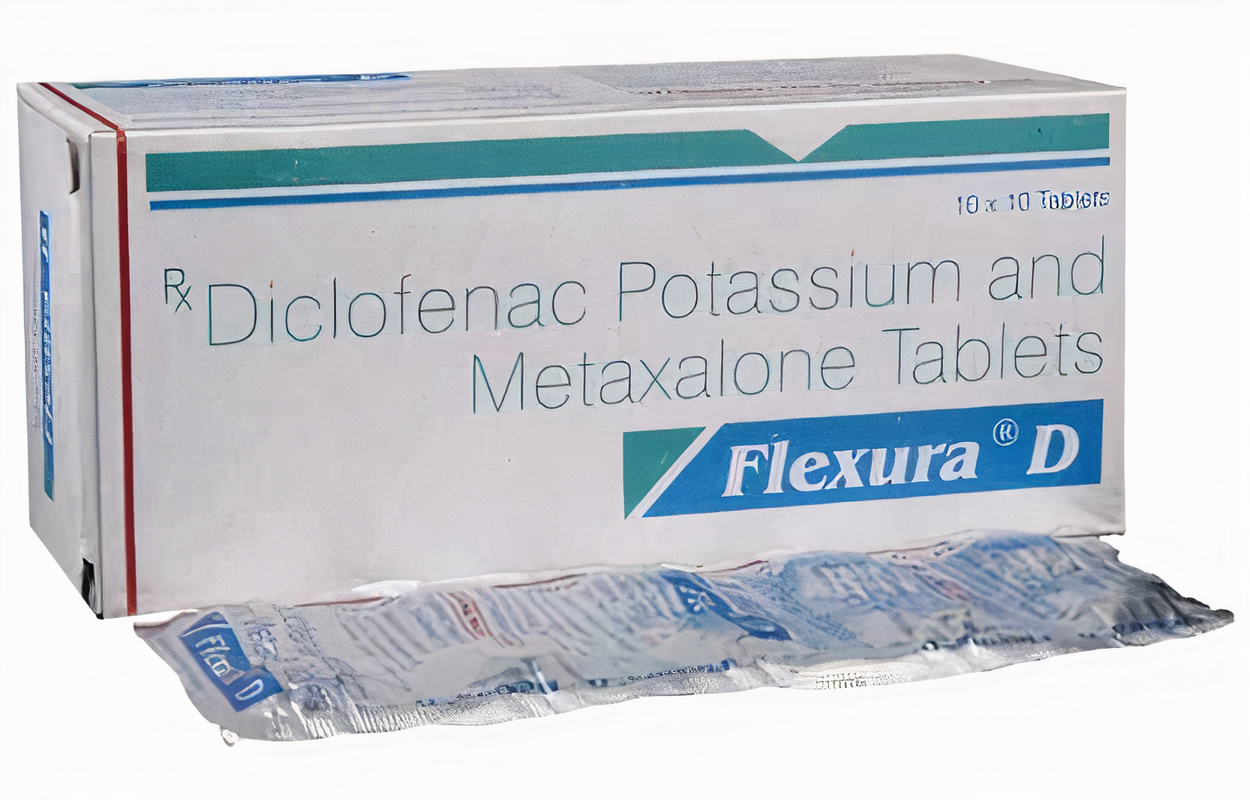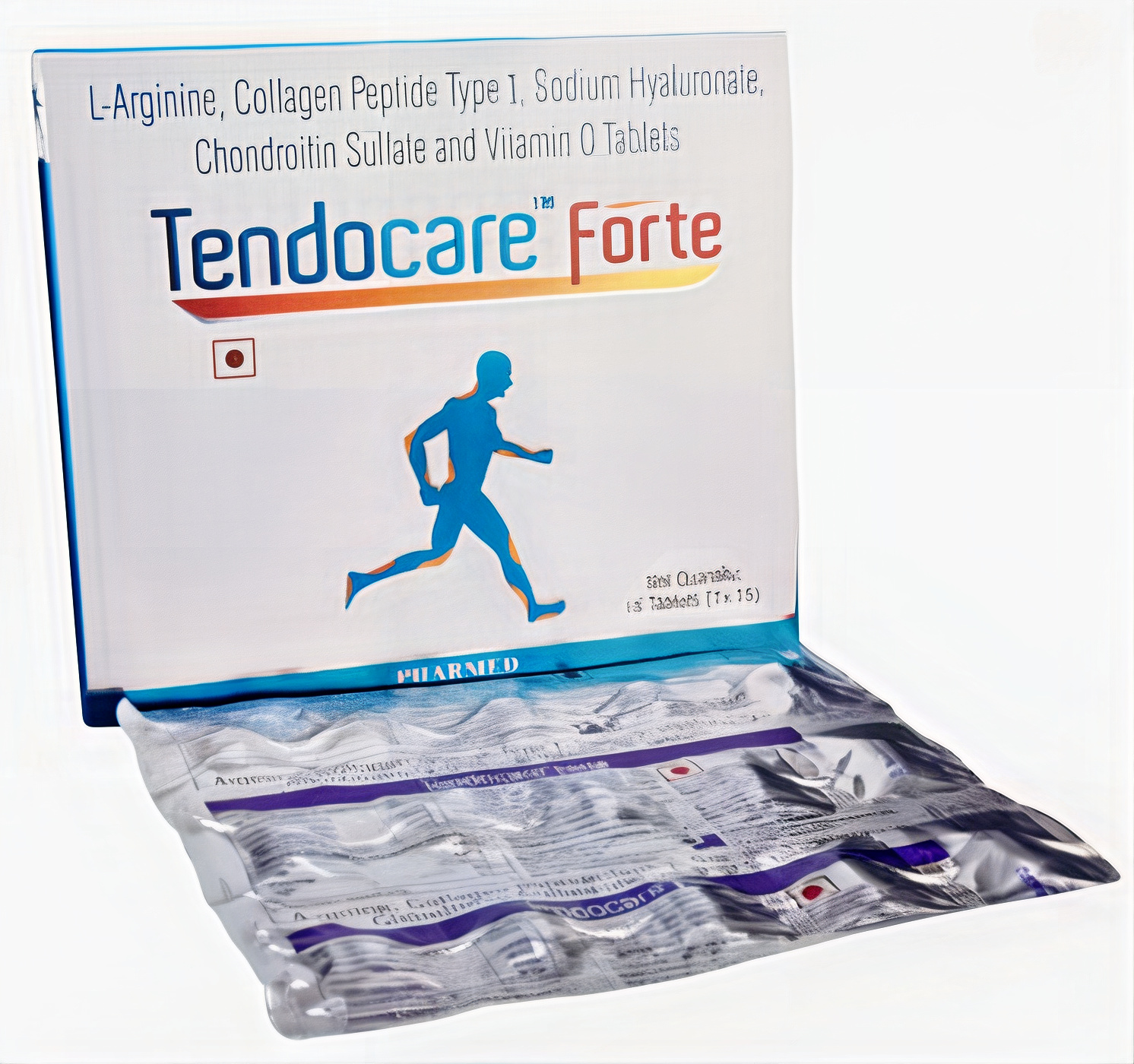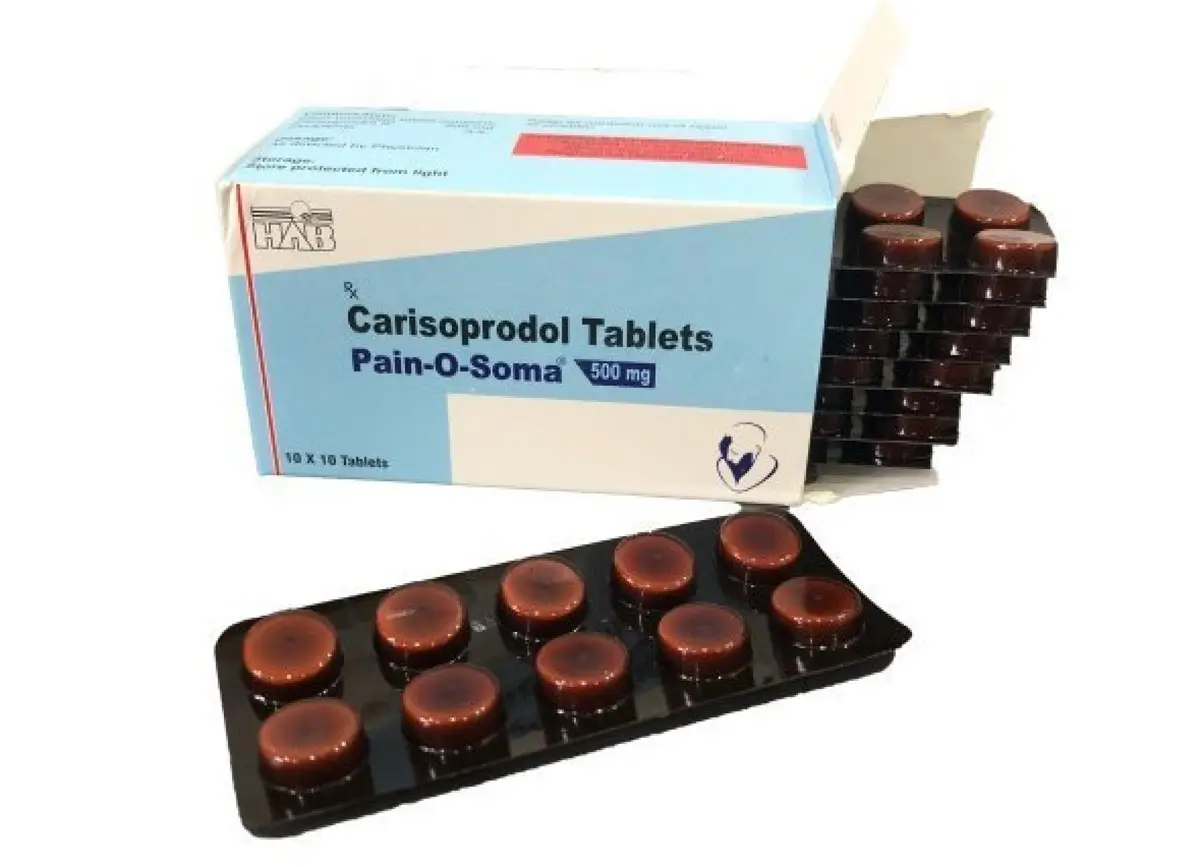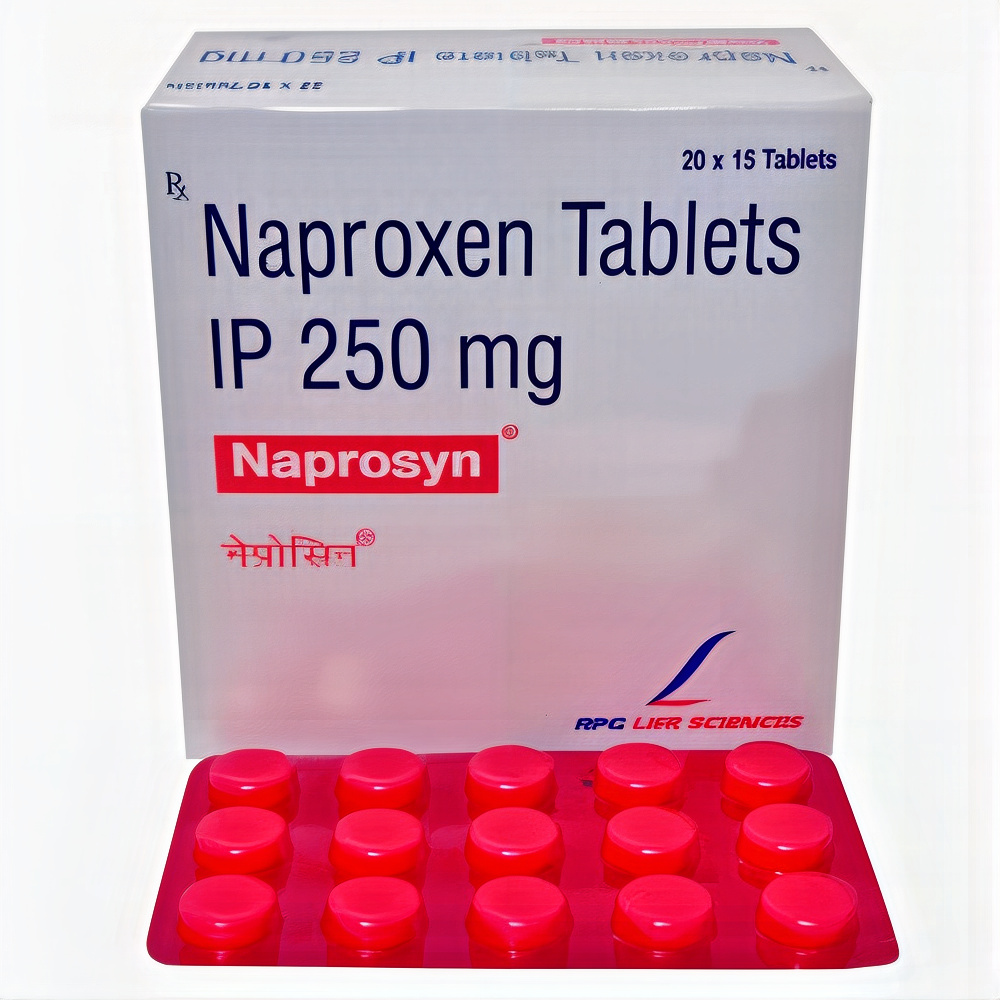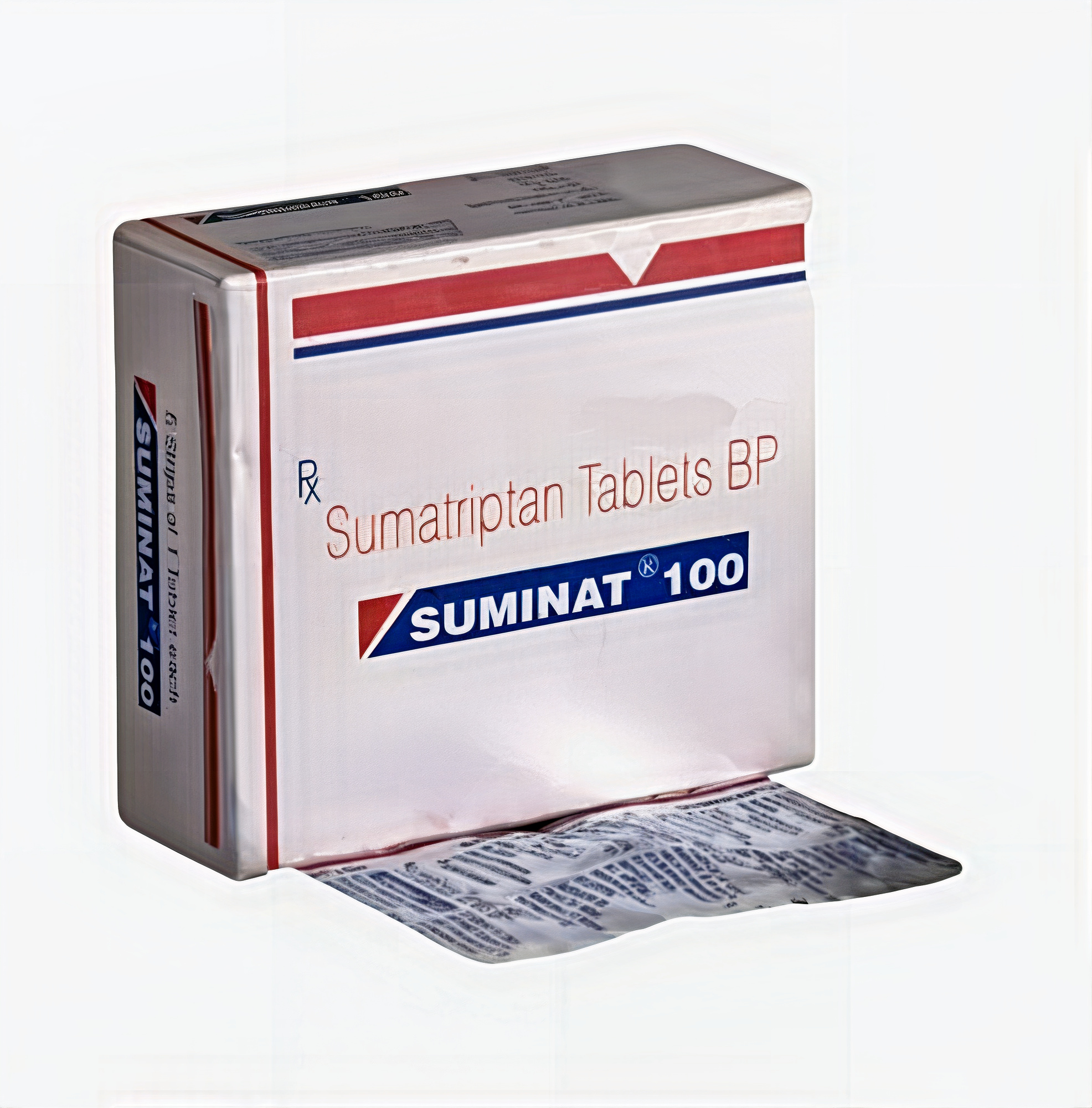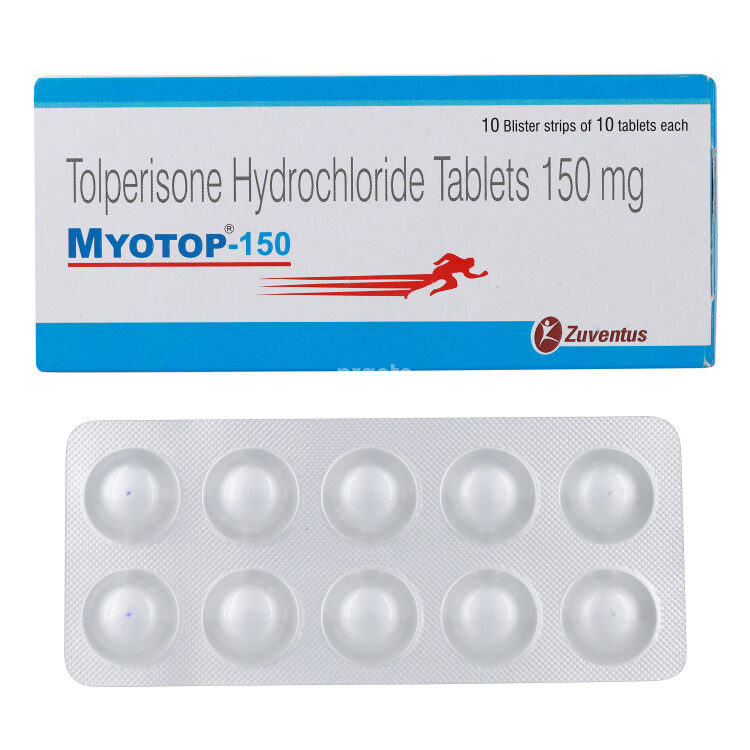Description
Colchicine 0.5 Tablet (Colchicine 0.5mg)
Colchicine 0.5mg Tablet (Colchicine 0.5mg) is a highly effective medication used in the treatment and prevention of gout, a painful form of arthritis caused by excess uric acid. It works by reducing inflammation, which in turn alleviates pain, swelling, and other symptoms linked to gout attacks. Whether taken with or without food, it is crucial to follow your doctor’s prescribed dosage to experience the full benefits of this medication. Regular intake, complemented by healthy lifestyle choices, significantly enhances its effectiveness in managing gout.
Uses Of Colchicine 0.5mg Tablet (Colchicine 0.5mg)
- Treatment of gout
- Prevention of gout flares
- Management of familial Mediterranean fever (FMF)
- Reduction of inflammation in Behçet’s disease
- Improvement of pain and swelling in osteoarthritis
Treatment of gout. Colchicine 0.5mg Tablet (Colchicine 0.5mg) primarily targets and alleviates the painful symptoms of gout by reducing inflammation and lowering uric acid levels in the bloodstream.
Prevention of gout flares. This medication is also effective in preventing frequent gout flares, thereby providing long-term relief for individuals who suffer from recurring episodes.
Management of familial Mediterranean fever (FMF). FMF is a hereditary inflammatory disorder, and Colochicine 0.5mg Tablet (Colchicine 0.5mg) helps to control the inflammation associated with this condition, minimizing its impact on daily activities.
Reduction of inflammation in Behçet’s disease. Behçet’s disease, characterized by blood vessel inflammation, can also be managed with Colchicine 0.5mg Tablet (Colchicine 0.5mg), offering relief from pain and swelling.
Improvement of pain and swelling in osteoarthritis. For those suffering from osteoarthritis, this medication may aid in reducing pain and inflammation, thus improving mobility and overall quality of life.
Safety & Precautions
- Inform your doctor if you have heart, kidney, or liver issues
- Consult with your doctor if you are pregnant or breastfeeding
- Avoid alcohol consumption while taking this medication
- Be cautious while driving as it may affect your alertness
- Avoid high-purine foods to maximize the medication’s benefits
- Monitor for any unexplained muscle pain or weakness
- Use the medication strictly as prescribed by your doctor
- Do not crush or chew the tablet; swallow it whole
- Keep the medication out of reach of children
- Store below 30°C and protect from moisture and light
Side Effects
Most side effects do not require medical attention and disappear as your body adjusts to the medicine. Consult your doctor if they persist or if you’re worried about them.
- Nausea
- Vomiting
- Abdominal pain
- Diarrhea
- Dizziness
- Headache
- Fatigue
- Rash
- Swelling in hands or feet
- Shortness of breath
- Muscle pain or weakness
- Unusual bleeding or bruising
- Loss of appetite
- Change in the taste of food
- Mood changes
FAQ
1. What does Colchicine 0.5mg Tablet (Colchicine 0.5mg) treat?
Colchicine 0.5mg Tablet (Colchicine 0.5mg) is primarily used in the treatment of gout, a condition characterized by painful inflammation in the joints due to excessive uric acid. It also helps in preventing gout flares, managing familial Mediterranean fever (FMF), reducing inflammation in Behçet’s disease, and alleviating pain and swelling associated with osteoarthritis.
2. Can I take Colchicine 0.5mg Tablet (Colchicine 0.5mg) during pregnancy or breastfeeding?
It is crucial to consult with your doctor before taking Colchicine 0.5mg Tablet (Colchicine 0.5mg) if you are pregnant or breastfeeding. While it may be safe for breastfeeding mothers based on limited human data, the risks and benefits must be thoroughly evaluated by your healthcare provider.
3. How should I take Colchicine 0.5mg Tablet (Colchicine 0.5mg)?
Take this medication exactly as prescribed by your doctor. Swallow the tablet whole without crushing or chewing it. Colchicine 0.5mg Tablet (Colchicine 0.5mg) can be taken with or without food, but it is advisable to take it at the same time each day for maximum benefit.
4. Are there any foods I should avoid while taking Colchicine 0.5mg Tablet (Colchicine 0.5mg)?
It’s advisable to avoid high-purine foods such as red meat, shellfish, and certain seafood, as these can increase uric acid levels and potentially worsen gout symptoms. Limiting alcohol and sugar-sweetened drinks is also recommended to maximize the effectiveness of the medication.
5. Can I drive while taking Colchicine 0.5mg Tablet (Colchicine 0.5mg)?
Colchicine 0.5mg Tablet (Colchicine 0.5mg) may decrease alertness, impair your vision, or make you feel dizzy and sleepy. If you experience any of these side effects, it is advisable not to drive or operate heavy machinery until you feel better. Always consult your doctor for personalized advice.
6. What should I do if I miss a dose of Colchicine 0.5mg Tablet (Colchicine 0.5mg)?
If you miss a dose of Colchicine 0.5mg Tablet (Colchicine 0.5mg), take it as soon as you remember. However, if it is almost time for your next dose, skip the missed dose and continue with your regular schedule. Do not double the dose to make up for the missed one. It is important to maintain the consistency of your dosage to achieve optimal results.
Dosage Guidelines for Colchicine (0.5mg)
Colchicine (0.5mg) is utilized mainly for the prophylaxis of gout flares in adults. The recommended dosage and administration practices are vital for ensuring optimal efficacy and minimizing potential risks.
Gout Prophylaxis
For gout prophylaxis, the recommended dosage of Colchicine (0.5mg) is:
- 0.6 mg once or twice daily
- Maximum dose: 1.2 mg per day
Colchicine capsules should be administered orally and can be taken with or without meals. The dosage might need adjustments depending on other co-administered drugs.
| Dosage Form | Strength |
|---|---|
| Hard Gelatin Capsules | 0.6 mg |
The capsules are supplied in various bottle sizes for convenience:
- 30 Capsules: NDC 0143-3018-30
- 100 Capsules: NDC 0143-3018-01
- 1000 Capsules: NDC 0143-3018-10
Storage Instructions
Store at 20° to 25°C (68° to 77°F), and protect from light and moisture.
Drug Interactions
Colchicine is a substrate of both the efflux transporter P-glycoprotein (P-gp) and the CYP3A4 metabolizing enzyme. Several drugs can interact with Colchicine, leading to increased toxicity risks.
| Drug | Interaction Effect |
|---|---|
| Clarithromycin | Fatal interactions; dual inhibition of CYP3A4 and P-gp |
| Grapefruit Juice | Increased toxicity; moderate CYP3A4 inhibitor |
| Cyclosporine | Life-threatening toxicity; P-gp inhibitor |
Patients with renal or hepatic impairment should not be given Colchicine alongside drugs that inhibit both P-gp and CYP3A4. Physicians should monitor patients closely for signs of toxicity and adjust doses accordingly.
Mechanism of Action
Colchicine functions by disrupting the polymerization of β-tubulin into microtubules in neutrophils, preventing the activation, degranulation, and migration of these cells to inflammatory sites. This mechanism is vital in mitigating neutrophil-mediated inflammatory responses induced by monosodium urate crystals in the synovial fluid.
Pharmacokinetics
Understanding the pharmacokinetics of Colchicine is crucial for its safe use. This involves its absorption, distribution, metabolism, and excretion, which collectively determine drug action and safety.
Absorption
Colchicine has an absolute bioavailability of approximately 45% when given orally. In healthy adults, a single 0.6 mg dose reaches a mean Cmax of 3 ng/mL in about 1.3 hours.
| Parameter | Value |
|---|---|
| Time to Cmax | 1.3 h (0.7 to 2.5 h) |
| Bioavailability | ~45% |
Distribution
Colchicine has a volume of distribution of approximately 5 to 8 L/kg and binds to serum proteins at about 39%, primarily to albumin. It crosses the placenta and is found in breast milk.
Metabolism
Colchicine is metabolized by CYP3A4 into 2-O-demethylcolchicine and 3-O-demethylcolchicine. It is also believed to undergo glucuronidation.
Excretion
40% to 65% of the absorbed dose of Colchicine is eliminated unchanged in the urine. Enterohepatic recirculation and biliary excretion also play roles in its elimination.
| Parameter | Value |
|---|---|
| Elimination half-life | 31 h (21.7 to 49.9 h) |
| Renal excretion | 40% to 65% |
Special Populations
The pharmacokinetics of Colchicine in special populations such as pediatric patients, the elderly, and patients with renal or hepatic impairment have distinct considerations.
Pediatric Use
The pharmacokinetics of Colchicine have not been evaluated in pediatric patients.
Elderly Population
In elderly patients, Colchicine’s exposure levels can be higher due to decreased renal function, which necessitates careful dosage considerations.
- Mean age: 83 years
- Higher AUC and peak plasma levels
Renal Impairment
Patients with end-stage renal disease have significantly lower clearance and prolonged elimination half-life, thus requiring dose adjustments to avoid toxicity.
Hepatic Impairment
The clearance of Colchicine may be reduced, and its half-life prolonged in patients with hepatic impairment. Dose adjustments should be considered for these patients, and cautious monitoring is necessary.
Clinical Studies
The efficacy of Colchicine in chronic gout has been supported by clinical studies, showing reduced frequency of gout flares.
| Study | Findings |
|---|---|
| Clinical Trial 1 | Decreased frequency of gout flares |
| Clinical Trial 2 | Reduced gout flare incidence |
These studies validate the use of Colchicine (0.5mg) for the prophylaxis of gout flares, confirming its therapeutic benefits when administered correctly.
Patient FAQs
Providing patients with clear answers to frequently asked questions ensures better understanding and adherence to their treatment regimen.
- What is the most important information about Colchicine?
Colchicine can cause serious side effects or death if levels become too high due to drug interactions. - Who should not take Colchicine?
Patients with liver and kidney problems taking certain other medicines. - What should I tell my healthcare provider?
Inform them of all your medical conditions, medications, and if you are pregnant or breastfeeding. - How should I take Colchicine?
Take as prescribed, with or without food. Do not double doses if missed; seek medical help if you overdose. - What should I avoid?
Avoid grapefruit and grapefruit juice during treatment.
For more information, always consult with your healthcare provider or visit [FDA Website](https://www.fda.gov) for further guidance on safe medication practices.
Citations:
- FDA. (2019). Colchicine Medication Guide. Retrieved from https://www.fda.gov
- West-Ward Pharmaceuticals Corp. (2019). Colchicine Capsule Label Information.
- Clinical Studies on Gout Prophylaxis – Journal of Rheumatology et al.
